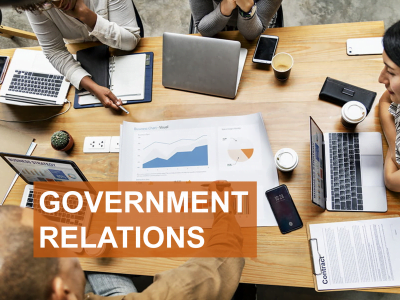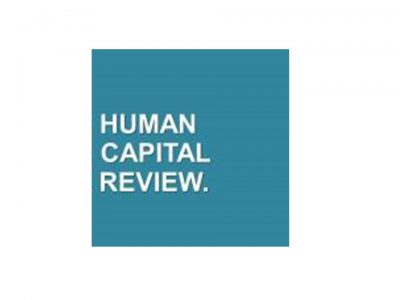- China REITs add a compelling dimension to the real assets sector in the region.
- Enabling the sustainable financing of these massive projects will spur the development of new financing vehicles and foster the development of infrastructure as an asset class.
NEW DELHI, INDIA – Media OutReach – 16 June 2021 – China’s highly anticipated REIT pilot program finally came to fruition this week, with the launch of the retail tranches of its first nine REITs all oversubscribed on its first day. China REITs are currently only backed by infrastructure assets packaged in a mutual fund structure, deliberately picked by authorities to spearhead the country’s recovery from the pandemic.
Together with China, there are an estimated 28 infrastructure-backed offerings securitized in various structures listed across the region currently, with a market cap of close to US$80 billion. While this is dwarfed when seen in relation to the value of its infrastructure investments, momentum is building.
The offering in the region’s largest economy adds a compelling dimension to the real assets sector in the region. Given the sheer size of China’s infrastructure market, its pilot programme for REITs is a prelude to a market that could eventually rival that of the US. According to S&P, the securitization of just 1% of such assets implies an over US$2 billion market. India’s infrastructure investment trust market is also expected to expand to over US$100 billion in the next five years, according to CRISIL Ratings.
| Country | Market Capitalization (US$billion) |
| Australia | 63.0 |
| China | 4.9 |
| India | 3.2 |
| Japan | 1.5 |
| Singapore | 6.9 |
Source: APREA
Note: Data as of 1 June 2021
As countries look to bounce back rapidly from the pandemic-induced recession, governments are placing infrastructure-led investments high on the stimulus agenda. Infrastructure spending has long been viewed as a powerful lever that governments can pull to stimulate the economy. Supranational bodies like the International Monetary Fund have also weighed in, noting that current low interest rates is a window of opportunity that should be seized upon.
“Infrastructure investments form a crucial part of this equation, to fast track the region’s recovery from the pandemic and secure its economic future,” observed Sigrid Zialcita, CEO of APREA.
The Asian Development Bank estimates that the region will need to invest $26 trillion from 2016 to 2030 if the region is to maintain its growth momentum, eradicate poverty and respond to climate change – that works out to US$1.7 trillion a year to the end of the decade. Currently, only about US$900 billion are estimated to be invested annually. This yields a financing gap of close to US$1 trillion a year to the end of the decade.
Given the substantial outlays involved, the requirements are unlikely to be met by traditional sources of banking. Public budgets, already stretched by fiscal responses to the pandemic, will also be limited. This entails new financing bases – from asset recycling or monetization strategies, private equity and private-public partnerships – to drive repeated rounds of infrastructure investment by tapping on institutional capital and the mobilization of retail savings.
Enabling the sustainable financing of these massive projects will gain traction and foster the development of infrastructure as an asset class. For example, infrastructure trusts, like REITs, provide a long-term source of capital that funds development cycles, catalyzing urbanization through which a country’s economy can be elevated.
“Infrastructure trusts can form a critical layer in the capital stack for financing infrastructure developments in the region. Not only will it enable developers to recycle capital, the vehicle can also form an effective exit strategy for infrastructure funds in the region,” noted Miss Zialcita.
With the pandemic exerting some urgency, there is now growing expectations that infrastructure financing volumes in the region will surge. It is not only because of the considerable multiplier effects that such massive investments generate, it is also the groundwork it lays for future economic growth. As the focus increasingly turns from containment to longer-term recovery, countries will be keen to ride on the anticipated post-pandemic economic boom which a synchronous global recovery will drive.
“The region’s largest economies are pivoting to infrastructure investments in a big way. We see this as an acceleration of the securitization trend in infrastructure and the pent-up demand for industry players eager to tap into its potential. Aside from the oft-mentioned fast-tracking of digital trends and e-commerce, the pandemic has also been game changing in hastening the securitization movement in the region,” Miss Zialcita noted.
Investors are also turning bullish over the long-term fundamentals of the sector. Global investment firm KKR just closed this year its first Asia Pacific fund at US$3.9 billion to become the largest pan-regional infrastructure fund in the region. While the lack of investment grade projects available remain an obstacle for now, development is expected to accelerate.
“As an asset class, infrastructure is inherently less susceptible to economic cycles, delivering diversification benefits in addition to a predictable long-term stream of income. With the requirements needed by the rapidly developing economies in a region that could eventually host more than half of the world’s megacities, investments into the very assets so critical in driving its growth is a trend that will be played out over decades,” said Miss Zialcita.
By 2030, seven of the world’s 10 largest megacities will be in the Asia Pacific. The region’s urban population will expand by close to three billion. The region remains a hot bed of construction activity and as its cities continue to grow, the fundamental demand for real estate and infrastructure will increase in tandem. Plans to integrate the region’s economies through infrastructure diplomacy programs will also fuel the development boom.
Anticipating the enormous implications of these megatrends, APREA rebranded recently to expand its reach to include infrastructure investments in its mandate. The benefits of investing in institutionalized assets will be more evident as the world inches towards a post-pandemic future and the securitization of the very assets so critical in driving its growth will be a massive investment opportunity.
“The region remains primed to take advantage of this revolution in real assets. APREA’s goal is to pave the way for the expansion of investment opportunities in the region and catalyse the rise of Asia Pacific’s infrastructure asset class,” Miss Zialcita added.
About APREA
APREA celebrates its 16th anniversary with the association’s mission redefined: To promote growth in the real assets sector by being the voice of members in all policy matters, providing access to industry-advancing research and insights and connecting members to business opportunities, with an aim to create value through the following key focuses:
A nchoring Success
P rofessional Development
R each out to industry leaders
E ducation & Research
A dvocacy
For more information visit www.aprea.asia
#APREA

Services
Stakeholder mapping, analysis, engagement and communication needs to be detailed to avoid business losses or even worse, a crisis. How can you do this effectively to prevent failure? ...
Data-driven business decisions have never been as crucial, especially in this era. MGBF leverages off, technology, experience and market presence to aid businesses in making accurate decisions. ...
MGBF provides comprehensive strategic advice and results-focused solutions to solve clients' problems in business-government relations so they can focus on their core business. ...
A critical business challenge is meeting the right decision-makers and potential buyers through the best channel and platform. How will you improve your business competency? ...
Upcoming Events
In this episode of 'A Working Lunch with Nordin', MGBF's Nordin Abdullah and regional commentator Eddin Khoo will discuss the biggest threats and opportunities for businesses as we look to manage change in the South China Sea.
This MGBF Roundtable will feature thought leaders form Japan, Australia, Singapore and Malaysia dealing with the critical issues of manipulation of public listed companies and government and their financial impacts.
A series of networking sessions with various business associations and trade organisations exploring high-value opportunities for business leaders and entrepreneurs looking to build the relationships that matter.
This integrated event will include a forum, dedicated business matching, site visits, a gala dinner and a round of golf. Aptly themed, the focus will be on regional food security issues and trends in the context of the supply chain, agriculture technology and trade regulations and policies.
MGBF In The News
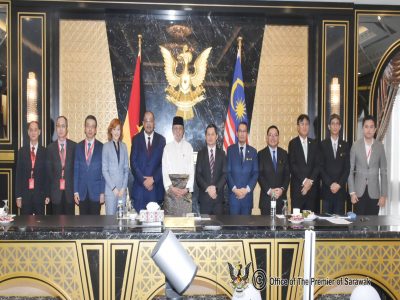
Planet QEOS and China Machinery Engineering Corporation (CMEC) are interested in investing RM10 billion to co-develop advanced Megawatt peak (MWp) agrovoltaic in Baram, to further boost Sarawak’s green energy initiative and food security. Sarawak Premier Datuk Patinggi Tan Sri Abang Johari Tun Openg was briefed on Friday by both the […]
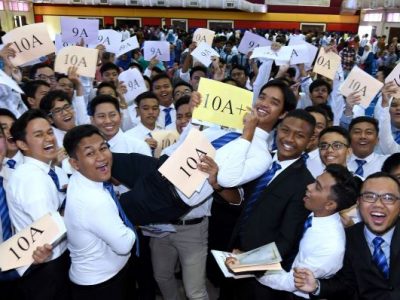
Last week SPM results came out, 373,974 aspirants who have been waiting patiently over the last few months would now know their fate. Some 10,109 have received all A’s, the golden standard of academic success and the ticket to those looking to study the “more advanced” subjects in university. Proudly, […]

The classic knee-jerk reaction is to say, fire the coach, change the leadership of associations, and reduce the funding till they start performing better. This kind of negative reinforcement may work for kindergarten children, but we are dealing with high-performance adults – individuals much further along in their psychological and […]
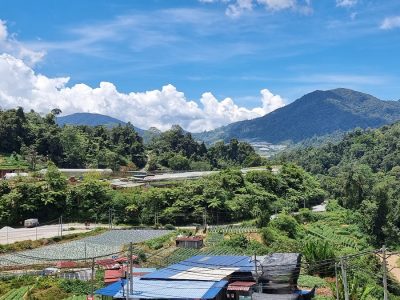
Since its earliest tea plantations in 1929, Cameron Highlands has grown to become a key player in the agricultural landscape of Malaysia, producing 40 per cent of all vegetables grown. Despite Malaysia shifting its economic focus away from agriculture, the industry remains imperative for food security and the livelihoods of […]
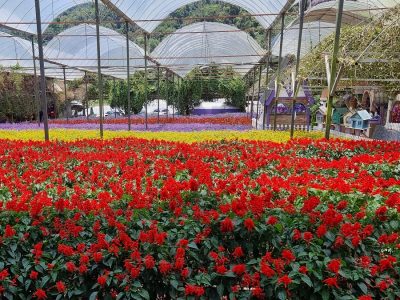
Although at first glance the travel industry and the agricultural sector appear to have nothing in common, they actually share more than meets the eye. The economic benefits of tourism to the agricultural sector can be multiplied several times over. “Tourism brings the end consumers closer to the source, which […]
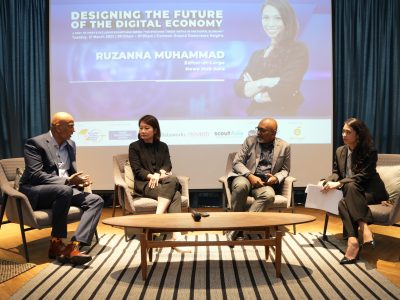
The Malaysia Global Business Forum (MGBF) recently held a high-level roundtable themed ‘Designing the Future of the Digital Economy’, attended by industry leaders and business associations. The guest of honour was Yang Berhormat Syerleena Abdul Rashid, the Member of Parliament (MP) for Bukit Bendera in Penang. The MP’s Special Session […]

The Malaysia Global Business Forum (MGBF) will be hosting a roundtable on ‘Designing the Future of the Digital Economy’ on 23 February 2023. It is the culmination of the first three MGBF Exclusive Roundtable Series titled ‘The Evolving Threat Matrix in the Digital Economy’ held throughout 2022. According to the […]
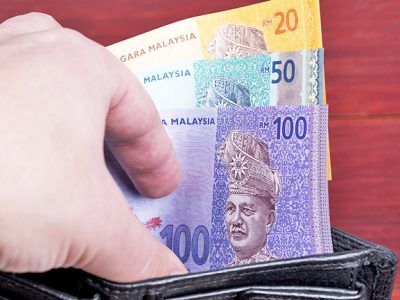
The Founding Chairman of the Malaysia Global Business Forum (MGBF), Nordin Abdullah, today spoke on Bernama TV’s leading English talk show, The Brief, hosted by Jessy Chahal, on the topic of a stable political reality and what that means for the Malaysian economy. Nordin said, “The first thing that it […]

More than 1,100 years ago, Muhammad ibn Musa al-Khwarizmi was developing the mathematical formulas that we know today as algorithms which now have become so intertwined with the business fortunes of global media giants and the very fabric of geopolitics. A series of recent high level international reports have revealed […]
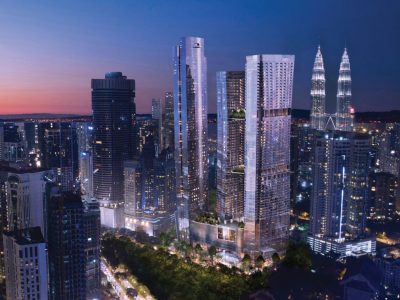
KSK Land has been recognised by the Malaysia Global Business Forum (MGBF) for its role in attracting high net-worth individuals to Malaysia post-pandemic. The first challenge in investor attraction is “selling” the country. In the context of Asia, Malaysia is competing with some very established investment destinations. The second […]
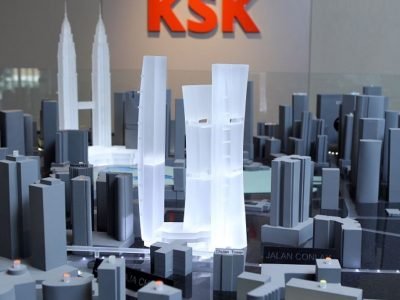
Malaysia, in particular Kuala Lumpur, continues to position itself as a regional centre to do business, educate a family and enjoy a global lifestyle. One company, KSK Land, has taken the lead in positioning itself and the city of Kuala Lumpur as a property investment destination for the global citizen […]
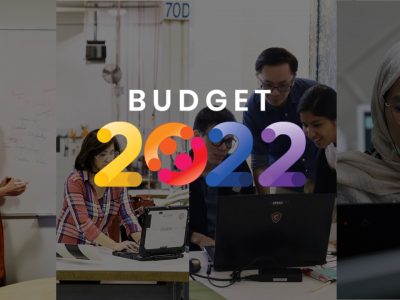
The upcoming budget represents an opportunity to build resilience in the critical sectors that will form the backbone of the country’s future-facing economic ambitions. This however needs to be achieved in the context of managing the community sectors most impacted by COVID-19 over the past two years. The Keluarga Malaysia (Malaysian Family) […]

Malaysia Global Business Forum (MGBF) has moved to support the creative economy as the overall economy moves into a recovery phase following the COVID19 pandemic. As a step in the direction of normalcy, the MGBF has agreed to host the art exhibition “I Know You’re Somewhere So Far” by one […]
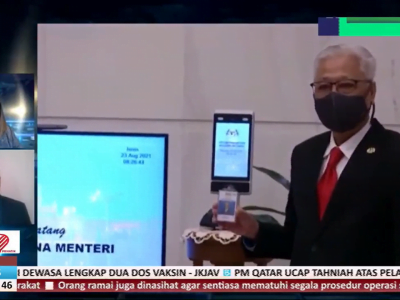
Congratulations to Datuk Seri Ismail Sabri Yaakob for taking up the mantle of the ninth prime minister of Malaysia. There is nothing normal about the situation; it could not have been scripted but it has kept the spectrum of media, mainstream and social, gripped. The first order of business for […]
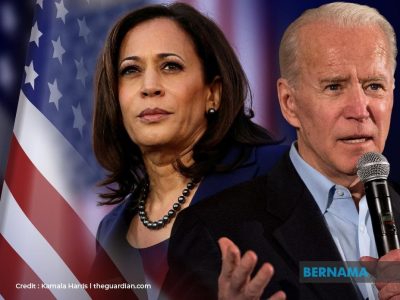
In a stirring speech to the nation, President Joseph R. Biden, Jr. stamped his brand of leadership on the presidency, in his first act as the 46th president of the United State of America, it signaled several shifts. Perhaps the weather was foreboding with snow falling before the ceremony that […]

KUALA LUMPUR, 6 July 2022 – As the global economy continues to deal with unprecedented levels of disruption caused by the pandemic and the conflict between Russia and Ukraine, the convergence of energy security and food security issues has become a front-of-mind issue faced by policy makers and consumers alike. […]

KUALA LUMPUR, 23 June 2022 — Malaysia Global Business Forum (MGBF) ties up with scoutAsia to ensure that businesses are equipped with deeper regional insights. The past two years has seen a massive shift in the way businesses are conducted with digitisation, digitalisation and automation continuously being adopted to improve […]
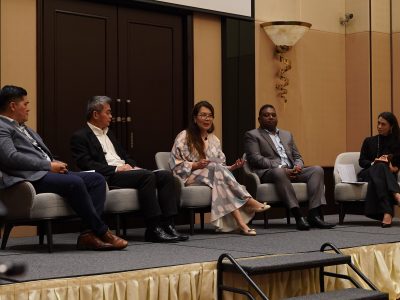
KUALA LUMPUR, 25 May 2022 – The Malaysia Global Business Forum (MGBF)’s exclusive roundtable on ‘Security Concerns in Critical Value Chains’ was held in a hybrid setting yesterday at the Eastin Hotel Kuala Lumpur. The guest of honour was Yang Berbahagia Tan Sri Dato’ Seri Rafidah Aziz, former minister of […]
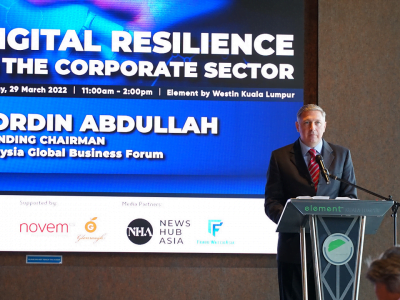
We live in the age of crisis. At the heart of any crisis is the threat of rapid change. Change too deep or too wide that the current coping mechanisms for an individual, corporation or government are unable to remain resilient. An unwelcome paradigm shift, like the proverbial spider, that […]




